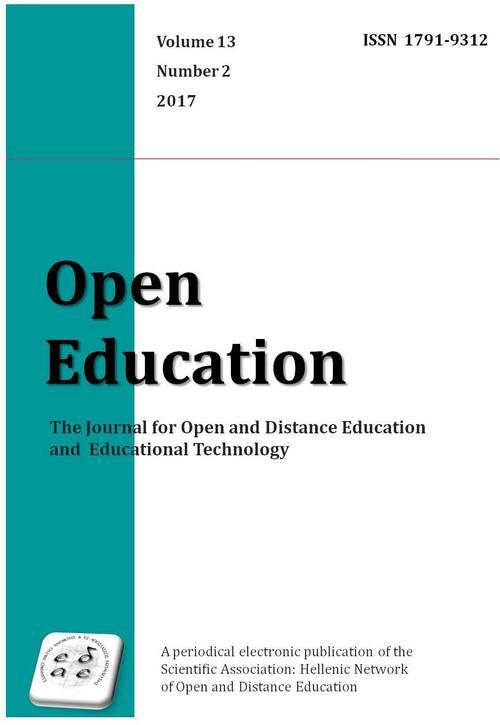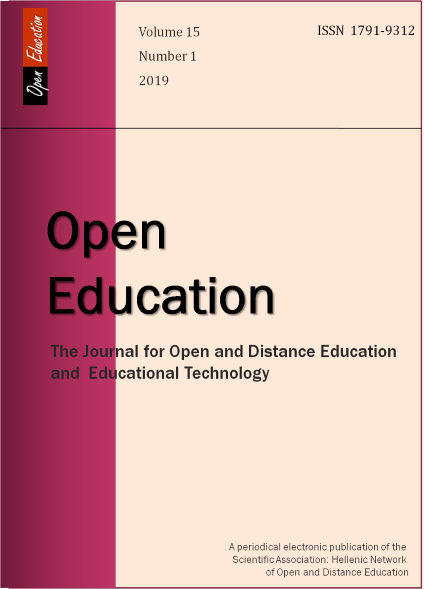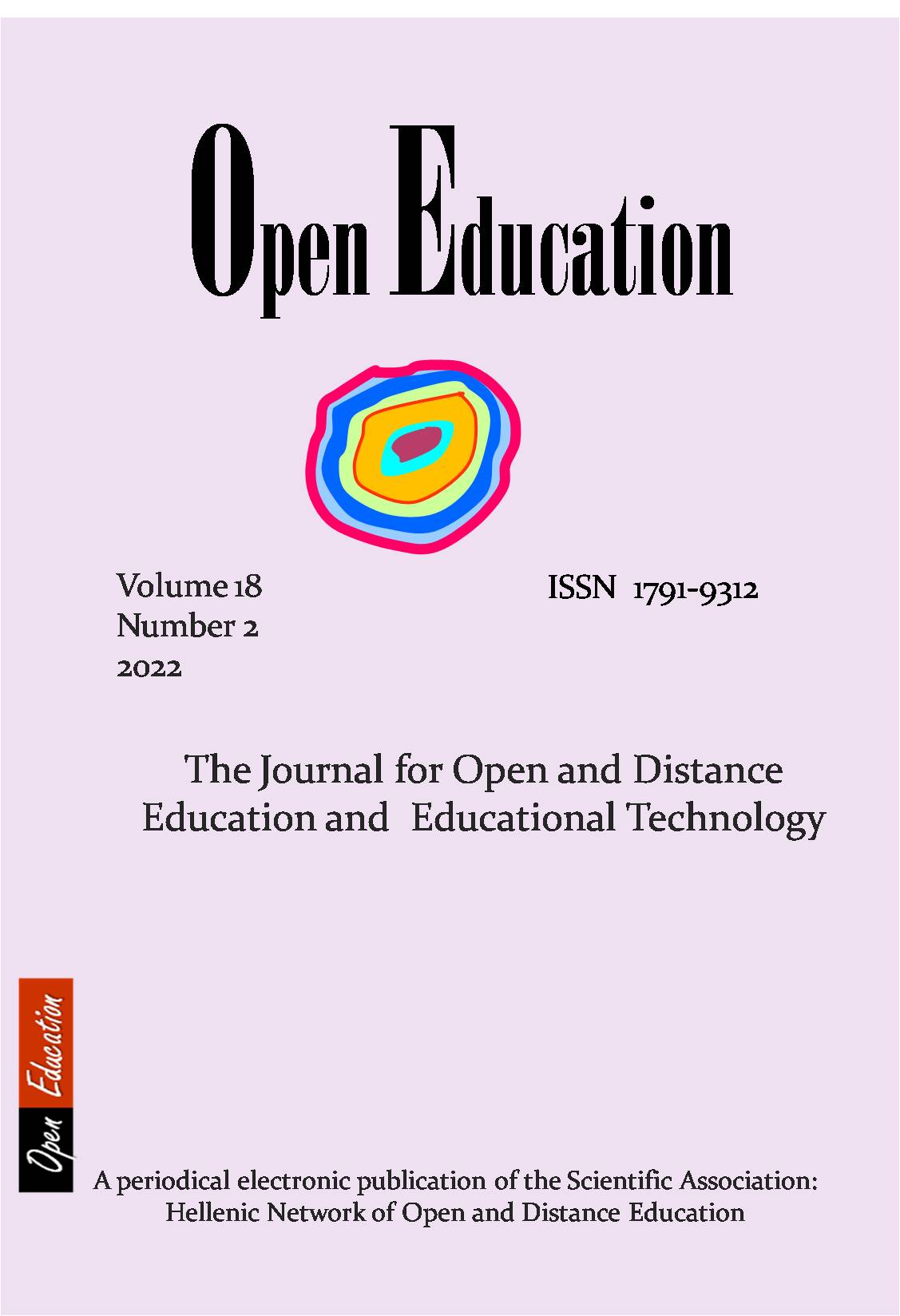Digital educational games, mathematics, and primary school students. Results of a pilot project

Abstract
The study presents the results of a pilot project in which digital games were used for teaching units from the mathematics' course to fourth-grade primary school students. In general, Mathematics is not an easy teaching subject; students do face quite a lot of problems. On the other hand, digital games are highly compatible to students' mentality and skills. Indeed, the relevant literature suggests multiple benefits for students when using digital games for teaching a wide range of learning subjects, Mathematics included. By exploring and experimenting in the game students can discover useful mathematical relations and strategies, and learn new concepts and rules. The development of mathematics-related skills, problem-solving skills, understanding of abstract mathematical concepts, increase in students’ motivation as well as their interest in the subject matter of Mathematics, and the improvement of communication and collaboration between students and teachers were also reported. On the other hand, the educational potential of digital games with regard to Mathematics is still understudied. Having that in mind, a pilot project was designed and implemented having as a target group fourth-grade primary school students (ages 9-10). The units that were selected were related to decimal and compound numbers. The teaching method was based on constructivism and specifically on Driver- Oldham's teaching model. The games were developed by the class's teacher using Microsoft's Kodu Game Lab. The learning outcomes were compared to two other groups of students. In the first, students worked in groups, while in the second, the teaching was conventional. A total of 63 students participated in the study and the project lasted for four two-hour sessions (for each group of students). The main research question was whether the use of digital games for teaching the previously mentioned subjects yields better learning outcomes compared to other more conventional teaching methods. The attitude of students towards the digital games, as well as the time needed for their development, were also examined. Research data were collected using questionnaires and evaluation sheets. Results indicated that the students in the games group outperformed, in most cases, the students that were taught conventionally, but not the students who worked in groups. The views of students for the games was highly positive and no problems were reported. Also, the time needed for the development of the games raised questions whether an amateur (as was the teacher who developed the games) can cope with such a task. Although the results are in agreement with previous studies that indicated that conventional teaching is not an effective method, they also emphasize the need to further investigate the use of digital games. It is also suggested that the integration of educational games for teaching mathematics in primary school can be considered. For that matter, software engineers have to develop easier-to-use tools for the development of games. More importantly, there is the need to change the educational system by providing support to teachers that want to use innovative methods during their teaching.
Article Details
- How to Cite
-
Φωκίδης Ε., & Παχίδης Γ. (2017). Digital educational games, mathematics, and primary school students. Results of a pilot project. Open Education: The Journal for Open and Distance Education and Educational Technology, 13(2), 77–96. https://doi.org/10.12681/jode.14061
- Issue
- Vol. 13 No. 2 (2017)
- Section
- Section 1
Copyright Notice
Authors who publish with this journal agree to the following terms:
Authors retain copyright and grant the journal right of first publication with the work simultaneously licensed under a Creative Commons Attribution Non-Commercial License that allows others to share the work with an acknowledgement of the work's authorship and initial publication in this journal.
Authors are able to enter into separate, additional contractual arrangements for the non-exclusive distribution of the journal's published version of the work (e.g. post it to an institutional repository or publish it in a book), with an acknowledgement of its initial publication in this journal.
Authors are permitted and encouraged to post their work online (preferably in institutional repositories or on their website) prior to and during the submission process, as it can lead to productive exchanges, as well as earlier and greater citation of published work.




